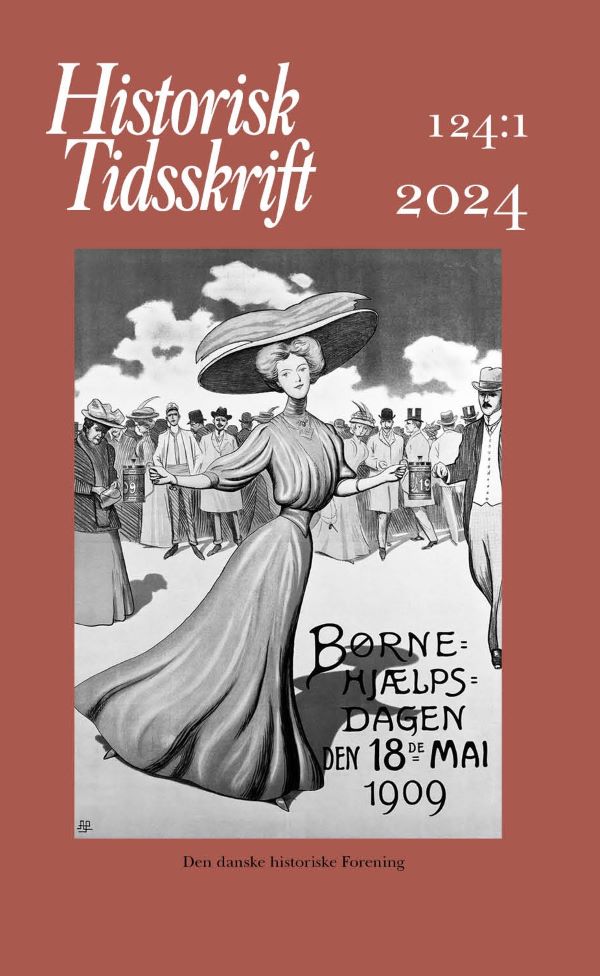„Et udpræget hastværksarbejde“. Omkring Hovedstadsrådets nedlæggelse 1989
The decision to close down the Capital Metropolis Council, 1989
DOI:
https://doi.org/10.7146/ht.v124i1.149253Nøgleord:
hovedstatdsårdet, kommunal, planlægning, metropolResumé
For the first and only time, in 1974, the Danish capital metropolis got a regional body: the Capital Metropolis Council (Hovedstadsrådet). This body provided important regional framework conditions for the functioning of the metropolis as an urban region, at least for a few years. The article sheds light on the political-administrative processes and factors behind the erection of the Capital Metropolis Council in 1974, the decision in 1989 to close it down, and the attempts during the 90s to establish a similar body – until the so-called Structural Reform (Strukturreformen) in 2007 brought all to an end.
The process reflected national political differences concerning the governance of the Danish capital region. For Liberal and Conservative parties on the political right, the metropolis had to be freed from the smothering control of municipal bodies so that the competitive power of the capital metropolis could work its magic. On the other hand, for the Social Democrats, a strong, coordinating regional body was crucial to stabilize the metropolis’s infrastructural and social cohesion and, thus, to promote international competitiveness.
As a result of a fortuitous moment amid changing parliamentary constellations, the Capital Metropolis Council was established as a compromise between a weak Social Democrat government and its Liberal-Conservative opponents in 1974, and abolished in 1989 by a Liberal-Conservative government inspired by neoliberalism. Then, during the 90s, Social Democrat governments pushed for a new regional body. Thus, the so-called Capital Development Council (Hovedstadens Udviklingsråd) was initiated in 2000, but a new and even more neoliberalist Liberal-Conservative government dissolved it in 2007. The overall result has been an absence of coordinated governance of the capital metropolis since 1990 and, consequently, the metropolis has suffered from an increasingly pronounced lack of regional planning.
Downloads
Publiceret
Citation/Eksport
Nummer
Sektion
Licens
Ophavsret til bidrag i Historisk Tidsskrift tilhører forfatterne og Den danske historiske Forening som udgiver af Historisk Tidsskrift. For illustrationer gælder den ophavsret, som står anført i billedteksten. Ophavsretslovens almindelige bestemmelser gælder, hvilket vil sige, at ophavsretten gælder i 70 år efter forfatterens død. Bidrag i Historisk Tidsskrift må derfor, med forbehold for en ”moving wall” på tre år, frit downloades, læses, gemmes, anvendes og citeres (med kildeangivelse) i privat og videnskabelig sammenhæng, men de må ikke helt eller delvis genudgives af tredjepart, heller ikke i redigeret form, uden tilladelse fra forfatterne og Den danske historiske Forening. Henvendelse skal i så fald rettes til Historisk Tidsskrifts redaktion på histtid@hum.ku.dk.





